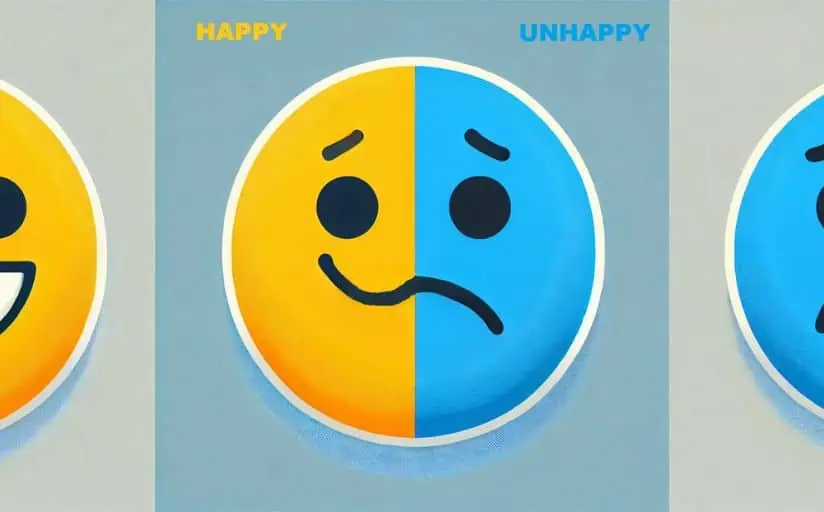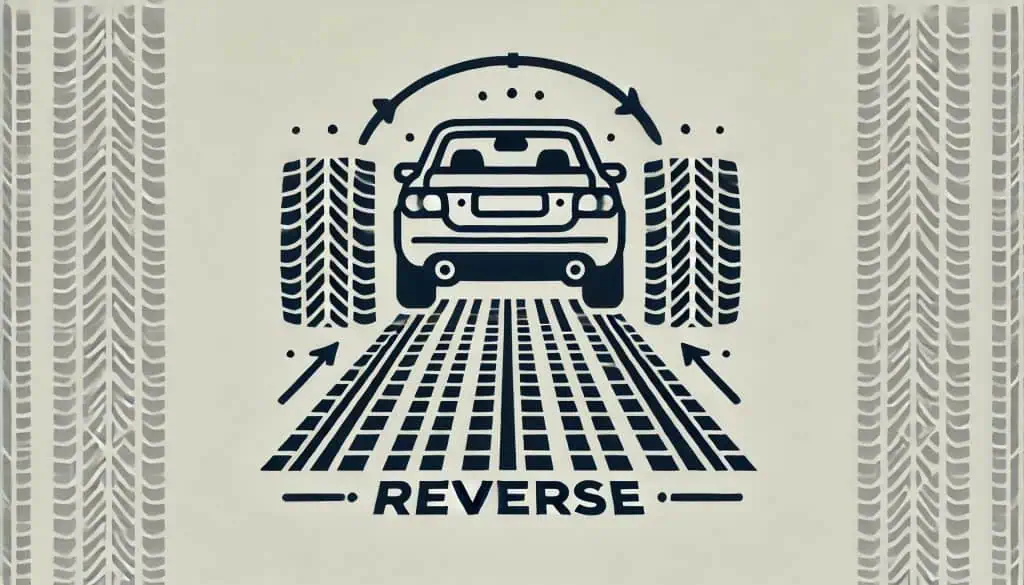What do these three words have in common: unruly, unbelievable, and untamed? If you guessed that they all describe a herd of wild horses galloping on a beach, or perhaps a group of raccoons raiding your trashcan, that makes sense, but let’s stick with the grammar category: They all start with the prefix “un”!
This little prefix will change the meaning of a word to its opposite. I guess you could say adding “un” to a word is similar to how a raccoon transforms your trash can from tidy to untidy!
So, what else can the prefix “un” do?
(If you make a purchase using the links in this post, we may earn a commission.)

What Does the Prefix “Un” Mean?
“Un” acts as a prefix, which is a word part that is added to the beginning of a base word to change its meaning. The prefix “un” is usually used to show the opposite or reverse of the base word.
For example, if you add “un” to the word “happy,” it becomes “unhappy,” which means not happy or sad. Similarly, adding “un” to “able” gives us “unable,” meaning not able or incapable.
Uncovering When To Use “Un”
The prefix “un” has quite an impact on words. It can change a word’s meaning in two distinct ways.
Turning Words Into Their Negative Counterparts
First, adding “un” to the beginning of a word gives a negative or opposite force to adjectives and their derivative adverbs and nouns. If you come across a word like “unknown,” the addition of “un” signifies a negation or opposite to the original meaning. So, if something is “unknown,” it means it is not known.
You can also use “un” as a prefix to form adjectives by pairing it with suffixes like “-ed” or “-able.” For example, “unbalanced” indicates something that is not in balance, while “unacceptable” describes something that is not acceptable.

Shifting a Word’s Meaning Into Reverse
The prefix “un” is also used to indicate a reversal of action or state. It can also signify removal, deprivation, or release. When you add “un-” to a verb, it often means to reverse the action of that verb.
You can see this change in action with words like “unbend,” “uncork,” and “unfasten,” where the prefix emphasizes the undoing or reversal of a particular action.
Other Prefixes Like “Un”
In addition to the prefix “un,” there are a variety of other prefixes that we use to modify words and change their meaning to convey an opposite or negative sense. Some common negative prefixes include:
- Dis-
- Non-
- Anti-
- In-
- Mis-
Each prefix changes the meaning of a word, often in major ways. For example, disinterested and uninterested mean very different things!
Understanding these common prefixes is key to mastering nuances in English and becoming more proficient at identifying them.
If you’re eager to enhance your command of language by learning more about prefixes and suffixes, check out this list of helpful grammar resources. These tools are perfect for boosting your vocabulary and understanding of word formation.
BUY – Prefixes & Suffixes Bingo Game
BUY – Vocabulary Packets: Prefixes & Suffixes

Be Unafraid to Use “Un” From Now On!
Bravely go forth and add “un” the next time you encounter a word and want to convey the negative, switch it to the opposite of something, or create the reversal of its meaning. For instance, now that you’re a pro with this prefix, you can add “un” to “stoppable,” making it the word “unstoppable,” which aptly describes your newly earned grammar skills.
Check out more of our Grammar Tips for fun and informative grammar lessons that’ll help you become unafraid and unwavering as you master English—far beyond just the prefix “un”!


Leave a Reply